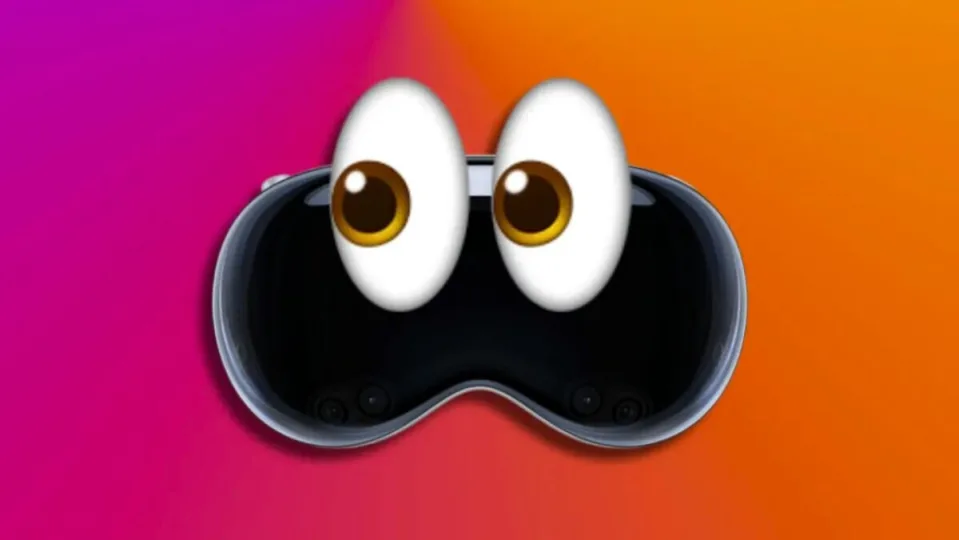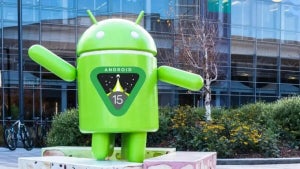The importance of privacy is becoming increasingly relevant. As more and more devices enter our lives, knowing that we are still the ones who decide what happens with our personal information is essential. It is a topic that affects the integrity of our personal data, yes, but that its importance defines how we interact with the digital world around us.
A clear example of this balance between the use of new technologies and the safeguarding of our privacy is the case of Apple Vision Pro. Following a report published yesterday by The Information, a certain debate has arisen about whether Apple’s privacy policies for the augmented reality device are limiting the development of third-party applications. However, it is crucial to understand that the privacy of Vision Pro goes far beyond what we as users want to protect.
A necessary protection against such a novel technology
The Vision Pro is not the first augmented reality device to hit the market, far from it. But, like almost everything Apple does, it is the one that brings the technology closest to the general public. This is a great responsibility, because we are not talking about the presentation of a new iPhone or a more powerful Mac, we are talking about a completely new category of product and technology.
According to The Information, the lesson learned from Google’s failed attempt with its Google Glass is a testament to the delicacy with which certain advances must be handled. The Google Glass, despite their novelty and technological potential, faced significant resistance and rejection, mainly due to privacy concerns. The possibility of recording or taking photographs without explicit consent generated an atmosphere of distrust and fear, something that is not happening with the Vision Pro.
The experience with Google Glass highlights the importance of designing devices with consideration for privacy not only of the user but also of those who share their environment. Apple is navigating these waters cautiously. The restrictions imposed on third-party applications, which limit their ability to access and freely use environmental data, reflect an attempt to prioritize privacy over functionality. And the truth is that, although some developers may see these restrictions as a brake on innovation, it is a clear statement that privacy is not negotiable.
Developers in Vision Pro do not have direct access to the device’s camera feeds. Instead, they can request environment data, which is built around a three-dimensional model generated from camera and LiDAR data. This approach allows applications to understand and interact with the real world without compromising the privacy of people present in the environment.
In The Information report, a couple of developers, such as Antony Vitillo and Kalani Helekunihi, are quoted expressing their desire for more direct access to camera data to enhance their applications, giving very good reasons. The truth is that the proposals for an app that can provide visual assistance to people with certain disabilities, for example, are really interesting.
The importance of privacy on devices used in public spaces cannot be underestimated. We are not talking about an iPhone, which points its camera towards the ground, or a Mac that points it towards the user. We are talking about being able to enter a café and find someone with the Vision Pro focused on the entire space. Being able to know that person is not recording us is key.
It is possible that in the future, after the international launch of Vision Pro, with the device already more standardized and widespread, when its use seems even more natural to us, we may be able to give specific permission to certain apps to access camera information. Right now, however, Apple’s choice to prevent any app from accessing our environment data seems like the best approach.
With glasses-type devices, privacy plays a double role: ensuring that data from the space we are in is not collected and protecting the privacy of the people around us. While we wait to be able to write with the Apple Pencil on a table or wall or just like we are certain that no app can know where we are looking until we make the gesture of looking and touching, knowing that camera information is properly protected seems, for now, the best idea.


